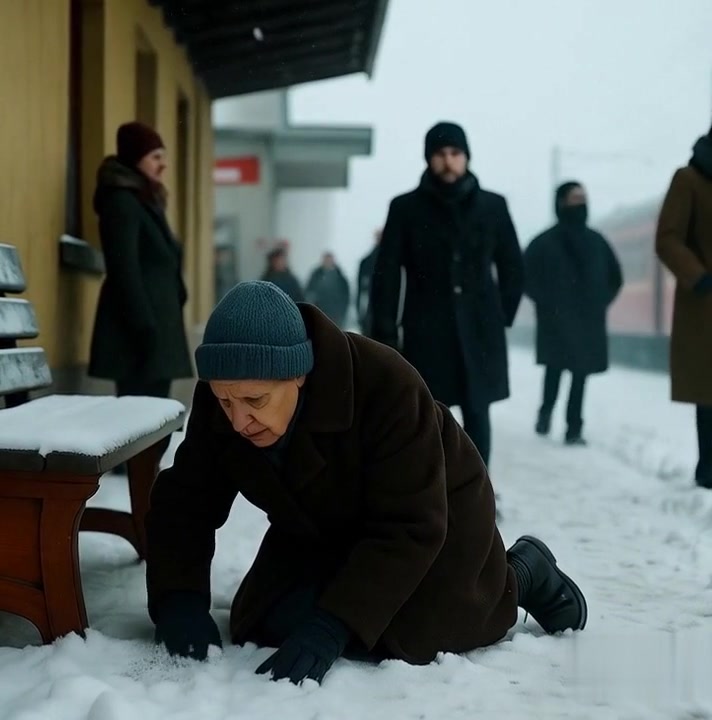In a quaint village nestled among snow-laden fields and timeworn apple trees stood a weathered house with peeling walls and a groaning porch.
Many would pass it by without a second glance, dismissing it as a relic of the past. But to Marfa Ivanovna, this house was her world — the place where her fondest memories lived.
The walls echoed with her daughter’s first laughter, and the apple trees outside still whispered stories of golden summers long gone.
But time had its own plans. Her daughter, Vera, insisted it was time to move — to leave the countryside behind and join the family in the city.
Though practical, the idea shattered Marfa Ivanovna’s heart. As she sat on a worn stool amid her packed belongings, she stared blankly at her sleeping cat, Masya, who dozed on the windowsill, blissfully unaware that everything was about to change.

For illustrative purpose only
“Mom, are you ready?” Vera called, stepping into the room with an empty box.
“Yes,” Marfa replied faintly, never taking her eyes off Masya.
Vera could hear the quiet resistance in her voice.
She gently tried to convince her, promising better medical care, more comfort, even a rocking chair built by her son-in-law. “Masya will come too,” she added, sensing her mother’s deepest concern.
But Marfa’s heart was not so easily soothed. “You all move so fast,” she murmured. “But I’ve lived here my whole life.”
That night, sleep didn’t come.
She lay awake listening to the familiar sounds of home — the old wardrobe creaking, branches brushing against the windows, Masya purring at her feet.
She thought of the past: of holding Vera as a newborn, of sewing dresses after long days on the farm. Her eyes landed on the dresser where her late husband Nikolai’s photo stood.
His image, forever young and full of life, stared back at her. She reached for the frame and whispered, “Kolya, what would you do? Would you leave this place?”
